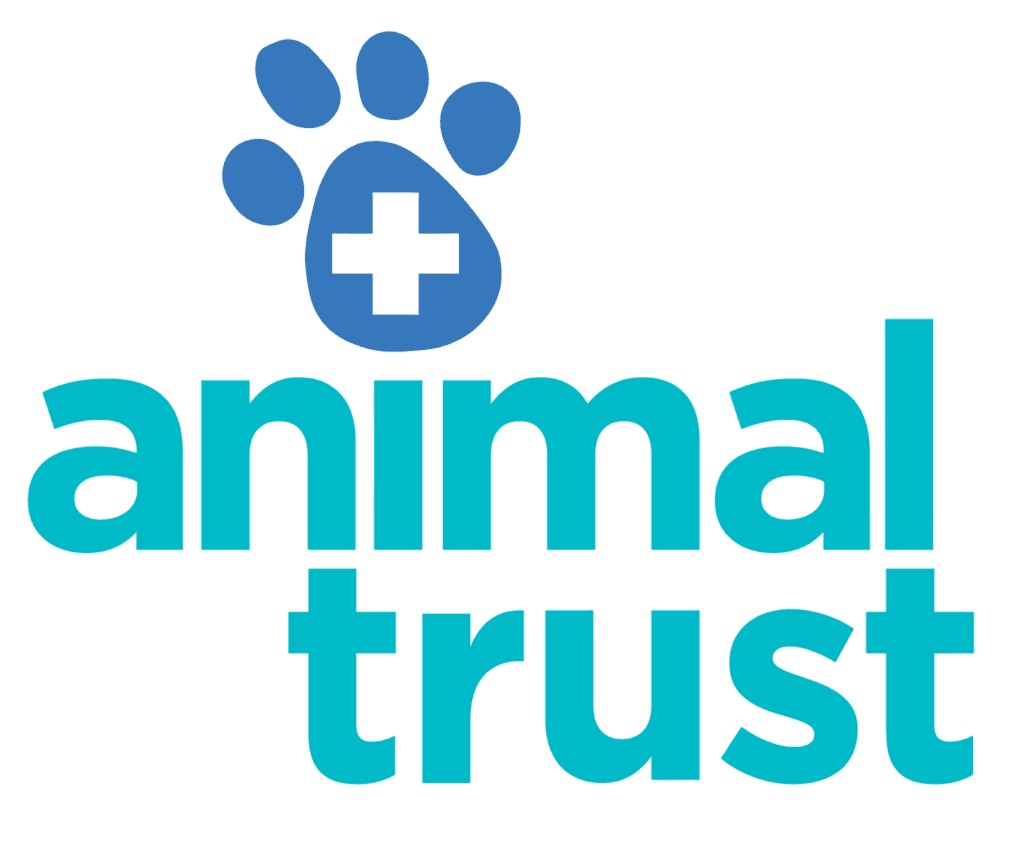TECA/TECABO surgery may be recommended for dogs or cats with chronic, ‘end-stage’ otitis (ear inflammation often resulting from recurring or chronic ear infections) that is no longer responsive to medical treatments. This condition is frequently excruciating and can sometimes progress into other symptoms, such as a head tilt.
TECA/TECABO surgery may also be recommended for masses or polyps associated with the ear canal or middle ear.
This surgery is known as a ‘salvage procedure’, where all other treatments have failed to manage the condition effectively.
TECA/TECABO surgery involves completely removing the ear canal, leaving only the external ear flap (pinna) intact. The tympanic bulla (part of the middle ear) is also debrided and cleaned. The ear canal or swabs from the surgical site may be sent away for analysis after surgery.
Animal Trust can offer TECA/TECABO surgery for a cost of £1019, including up to 2 nights post-operative hospitalisation, pain relief and antibiotics (if required), and selected lab tests.* CT scans may be advised for presurgical planning and assessment - £419 if interpretation by a third party specialist is not required, £1019 if interpretation by a third party specialist is required.
*Please note that preoperative blood samples and swabs taken during surgery are included in this cost. However, laboratory analysis of the ear canal, which may be advised for masses and polyps, is not included.
Potential Complications
Whilst this surgery can significantly improve your pet’s quality of life, there are significant potential risks from surgery. This is why we only recommend TECA/TECABO surgery as an option once all non-surgical treatment options have been exhausted. Potential complications include:
Facial nerve paralysis can result in facial drooping, inability to blink, and difficulty eating and drinking. This can occur as a temporary change in around 40% of patients. Still, if symptoms remain for 6 weeks or more, we would consider the paralysis to be permanent, and these patients may require daily application of eye lubricant long term.
Vestibular syndrome: This results in a loss of balance and abnormal eye movements (nystagmus). This improves typically over a few days, but it can be very stressful for both owners and the patient. We may suggest hospitalisation during this period.
Abcess: An abcess may develop in the space left behind where the ear canal previously was causing swelling, pain and discharge. This can occur up to a year following surgery and usually requires further surgery.
Haemorrhage: Rarely major bleeding may occur during surgery. This can pose a severe threat to life if unable to be controlled.
Altered ear appearance: some animals will hold their ear differently following surgery. This is most evident in dogs with upright ears.
Loss of hearing: Many patients have minimal hearing before surgery; however, following surgery, significant deafness is likely.
Recovery
We may recommend overnight hospitalisation following surgery (up to 2 nights hospitalisation is included in the surgery cost). It is essential that the patient wears a Buster collar (protective cone) following surgery to prevent traumatising the surgical site. Pain medications and sometimes antibiotics will be prescribed to continue at home. We would advise dogs to be restricted to short lead walks and cats to be kept indoors in a restricted area of the house for 2 weeks following surgery. Neurological symptoms may take several weeks to resolve. Any symptoms persisting for 6 weeks or more are considered permanent.

